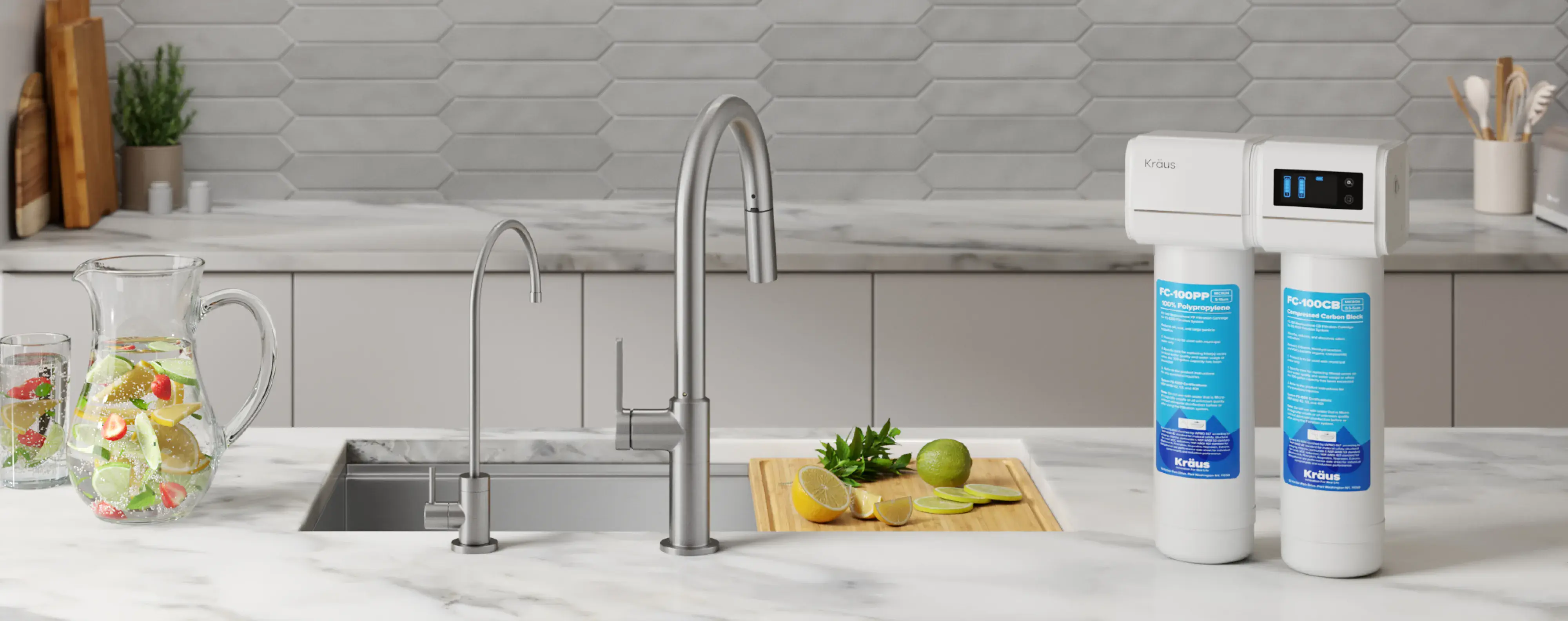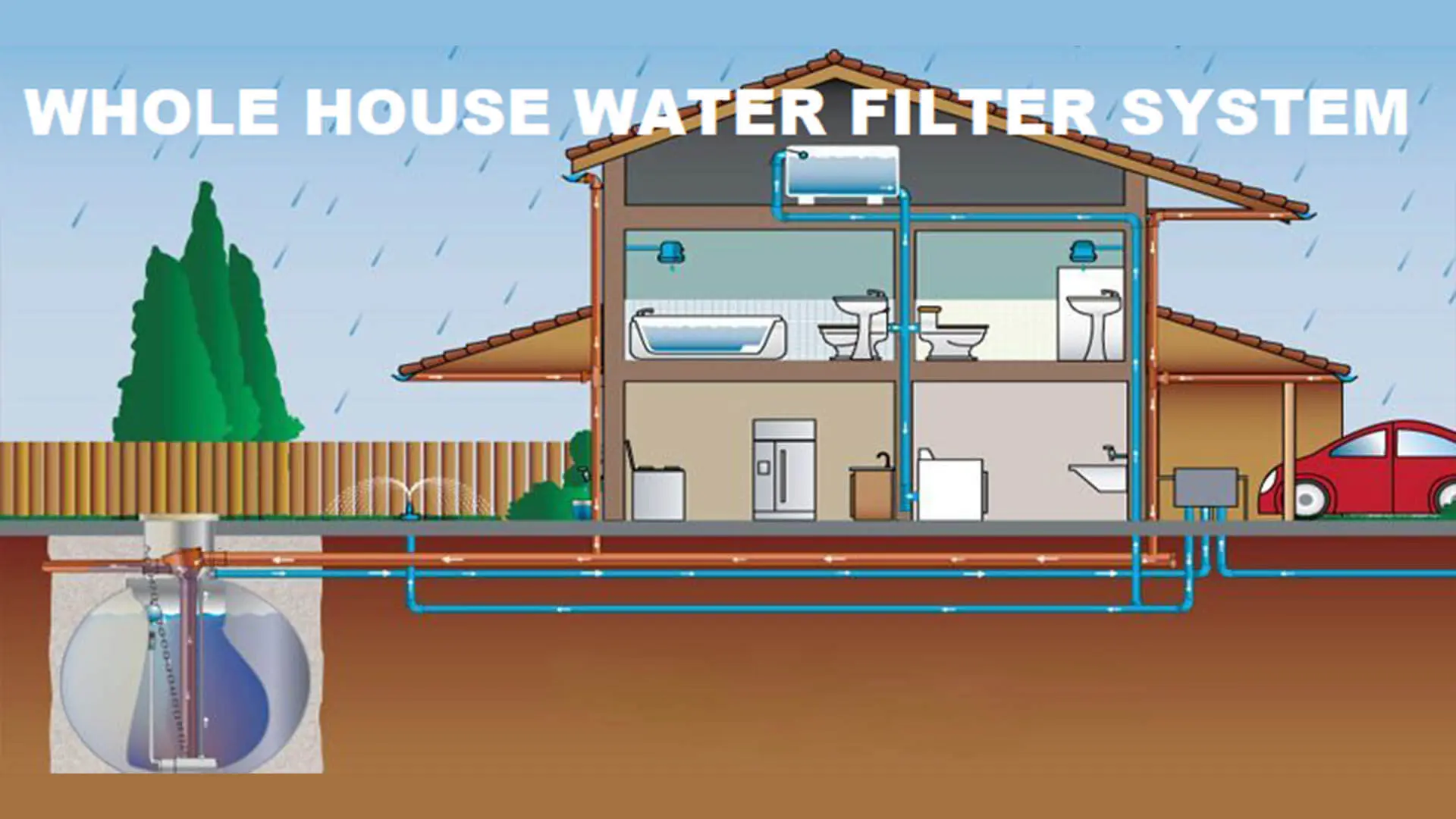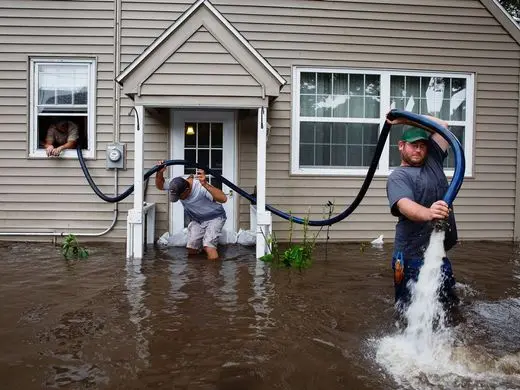
Why Invest in a Water Filter System?
- Health Benefits: Removes harmful contaminants such as chlorine, lead, and bacteria.
- Better Taste: Eliminates unpleasant odors and improves water flavor.
- Cost-Effective: Reduces the need to buy bottled water.
- Eco-Friendly: Cuts down on plastic waste.
Top 5 Best Water Filter Systems in 2025
Here’s a breakdown of the best water filter systems based on features, effectiveness, and user reviews.
| Brand | Type | Filter Life | Key Features | Price |
|---|---|---|---|---|
| Brita | Pitcher Filter | 2 months | Affordable, easy-to-use | $35 - $50 |
| Aquasana | Under-Sink Filter | 6-12 months | Removes over 77 contaminants | $200 - $300 |
| Berkey | Countertop Filter | 3-5 years | High-capacity, removes heavy metals | $300 - $400 |
| APEC ROES-50 | Reverse Osmosis | 12 months | Advanced filtration for ultra-pure water | $250 - $400 |
| Culligan | Faucet Filter | 2-3 months | Quick installation, compact design | $25 - $45 |
Types of Water Filter Systems
1. Pitcher Filters
- Best for: Small households or renters.
- Pros: Affordable, portable, no installation required.
- Cons: Limited capacity, frequent filter replacements.
2. Faucet Filters
- Best for: Quick and easy filtration at the sink.
- Pros: Compact, inexpensive, easy to install.
- Cons: Limited filtration capabilities compared to advanced systems.
3. Under-Sink Filters
- Best for: Families looking for a long-term solution.
- Pros: High filtration capacity, discreet installation.
- Cons: Higher initial cost, professional installation may be required.
4. Reverse Osmosis Systems
- Best for: Removing almost all contaminants.
- Pros: Produces ultra-pure water, ideal for sensitive users.
- Cons: Expensive, requires regular maintenance.
5. Countertop Filters
- Best for: Large households or those seeking portability.
- Pros: High capacity, removes a wide range of contaminants.
- Cons: Bulky design.
How to Choose the Best Water Filter System for Your Needs
- Identify Your Water Quality IssuesTest your water to determine if it contains contaminants like lead, bacteria, or high chlorine levels.
- Set a BudgetDecide how much you’re willing to invest. Pitcher filters are affordable, while reverse osmosis systems may cost more but offer advanced filtration.
- Consider MaintenanceCheck the filter replacement frequency and cost. Systems with long-lasting filters may save money in the long run.
- Evaluate Installation RequirementsSome filters, like faucet or countertop models, are easy to install, while others may require professional help.
FAQs About Water Filter Systems
What is the most effective type of water filter?
Reverse osmosis systems are considered the most effective as they remove up to 99% of contaminants.
How often should I replace the filter?
This depends on the type of system. Pitcher filters may need replacement every 2 months, while under-sink filters can last up to a year.
Are water filters environmentally friendly?
Yes! By reducing the need for bottled water, you help cut down on plastic waste.
Conclusion
Investing in the best water filter system is a smart move for your health, budget, and the environment. Whether you prefer the convenience of a pitcher filter or the advanced purification of a reverse osmosis system, there’s an option for everyone. Make the switch today and enjoy cleaner, healthier drinking water!



